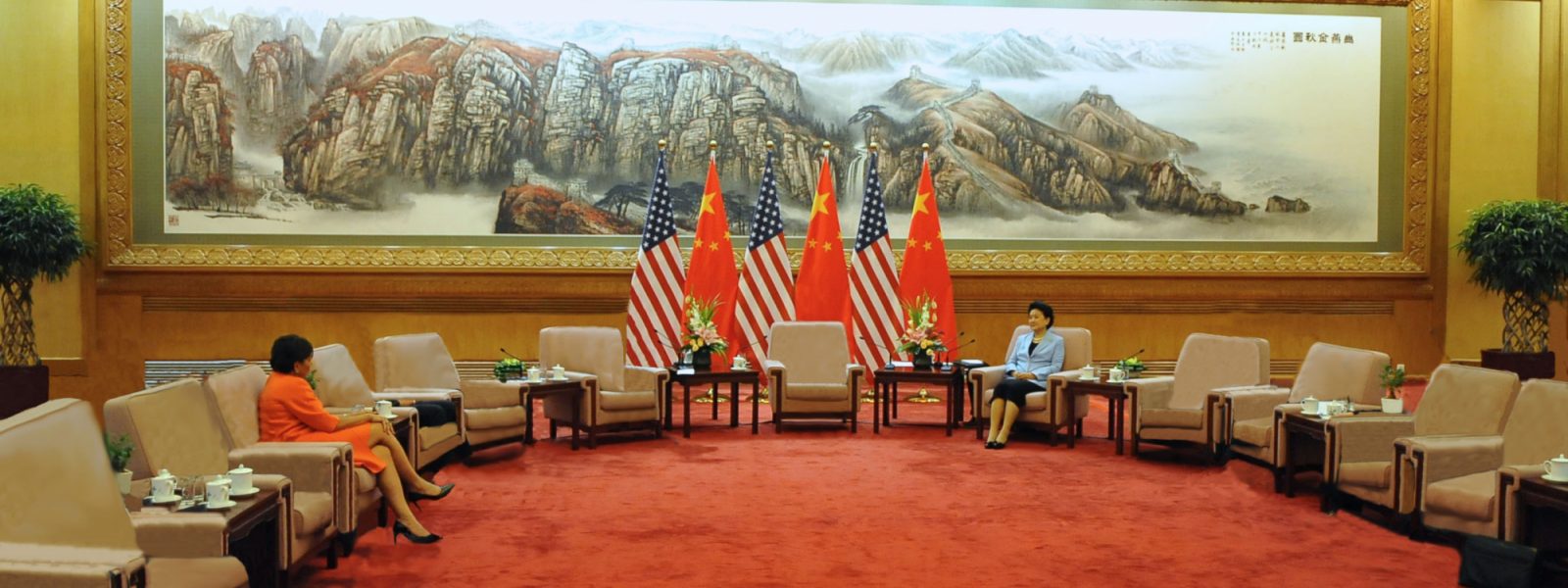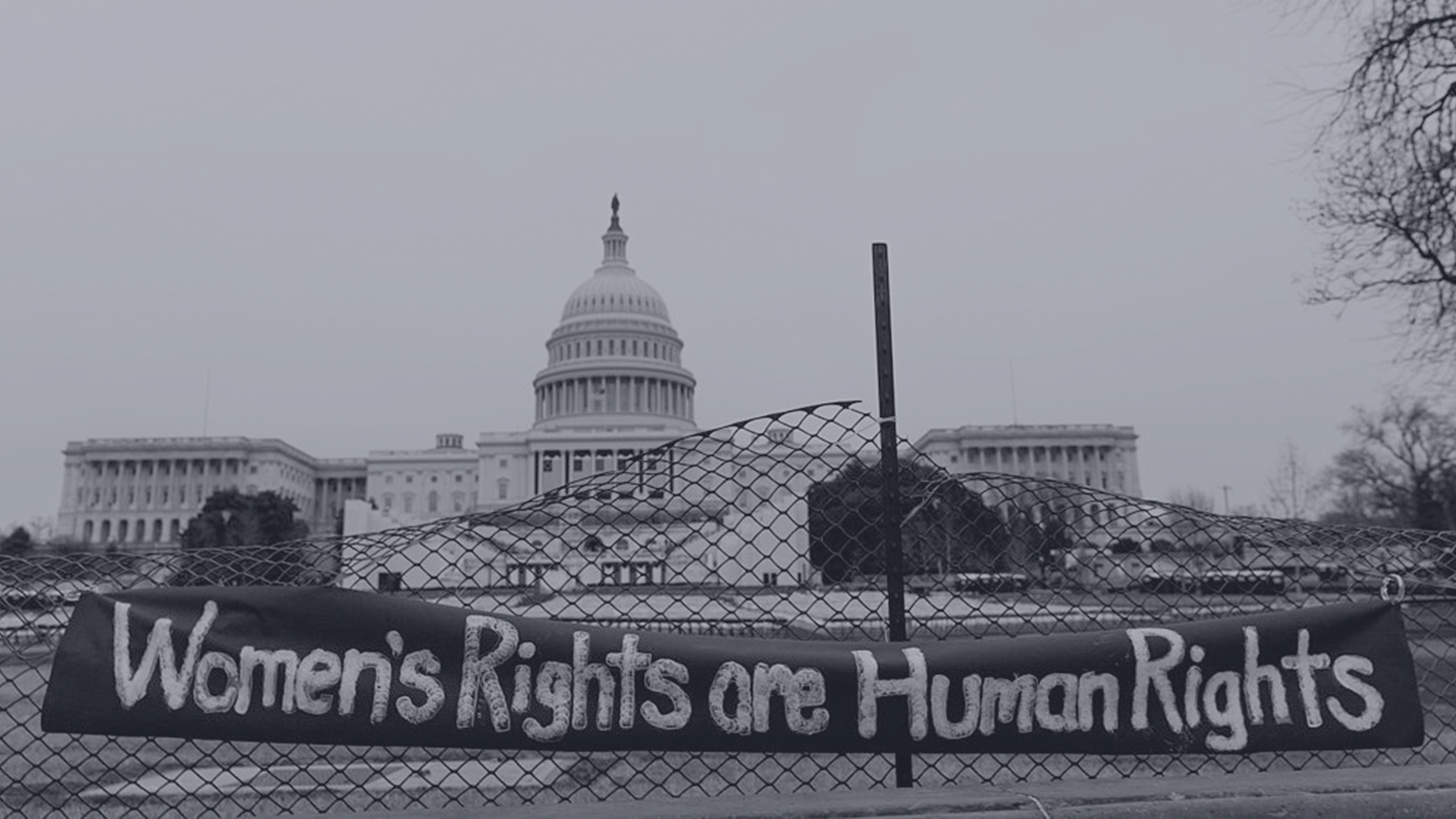When I chose a career in foreign policy and national security, I never considered the fact that I was entering a historically male-dominated profession. In a purely abstract way I was keenly aware of the continued gender imbalance among decisionmakers who influence national security, but I never thought about my own gendered role in that field, or that anyone might see me as a woman in national security. I was simply a young, driven woman who entered the State Department in the good company of many other young, driven women.
But I soon noticed a common response when I first met my male foreign counterparts, usually along the lines of: “You’re a woman, and you look so young – you must be very smart.”
Comments like these reflected that my male interlocutors were still not accustomed to encountering women in professional settings, especially ones dealing with foreign policy and national security. And of course, they thought they were paying me a compliment.
But such comments reflect several problematic undercurrents: 1) that it was remarkable for a woman to be holding the positions I occupied; 2) that it was remarkable for a woman in such positions to appear young and – might I say – stylish, neither wearing baggy suits nor having her hair in a matronly bun; and 3) that only by being unusually smart could a woman, who looks young, come to occupy such a position (or the more nefarious interpretation that some of my colleagues faced – that they must have been sleeping with someone to obtain their position).
Unfortunately, such remarks were a hallmark of my initial encounters with foreign counterparts during my 11 years of service at the State Department and National Security Council. I had some incredible opportunities – from participating in the Six-Party Talks on North Korea’s nuclear program, to being part of a small team negotiating a presidential joint statement for a state visit with China, to planning and joining summits between President Barack Obama and his South Korean and Chinese counterparts. With the championship of some great bosses and mentors, I moved relatively quickly up the ranks.
Read the full report here.


